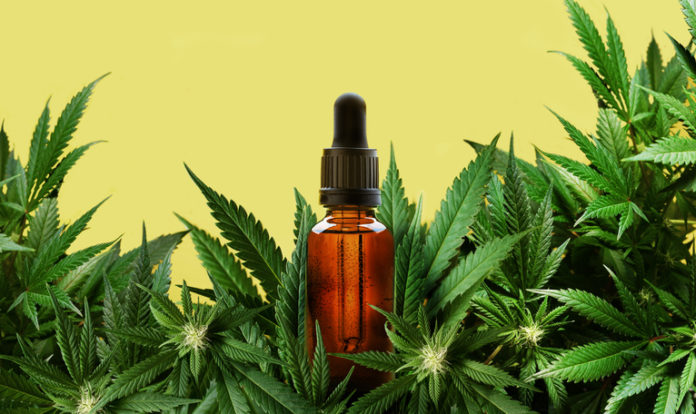An Australian study of 4,000 patients taking oral medicinal cannabis has demonstrated that it is safe and well-tolerated for a sustained period across a wide range of patients.
Data sourced from the Australian Emyria Clinical e-Registry – the largest of its kind in the world for oral medicinal cannabis – found that there was significant improvement in all measured clinical outcomes for more than two years in a ‘cannabis-naïve’ cohort of patients taking the medication.
The study analysed the reported experiences of nearly 4,000 patients with a mean age of 56 years, (ranging from 2 to 96 years) prescribed oral cannabinoid-based medications for predominantly chronic pain, psychiatric and neurological conditions.
It has been published in the peer-reviewed Public Library of Science ONE journal and is available here.
“While oral medicinal cannabis has been prescribed for a wide range of clinical conditions since legalisation in 2016, high-quality, clinical studies are required to ensure the evidence of its efficacy and safety is of the highest standard,” said Emyria Medical Director, Alistair Vickery.
“While randomised, controlled trials are the gold standard, this large longitudinal observational study clearly demonstrates significant clinical improvement and the safety of medicinal cannabis in a complex varied cohort of patients taking many different medications.
“This is the largest study of this kind ever conducted, and is a significant indication that oral medicinal cannabis is safe and effective.”
They study’s key findings included:
- A reported improvement of 24.5% in depression, 25.5% anxiety and 27.7% in stress;
- An improvement of 22.2% in pain severity and interference;
- An improvement of 34.4% in physical function and 37.3% in emotional well-being;
- 37.3% of patients experienced treatment-related adverse events, of which 98% were mild, fewer than 2% were graded as serious or severe;
- The average number of medications taken at the same time as the oral medicinal cannabis reduced initially but did not significantly change over two years.
In addition, data showed that the Clinical Global Impression – Improvement scale (in which the clinician grades a patient’s improvement) rose by 52%, and the Clinical Global Impression – Efficacy Index (which assesses the therapeutic effect of treatment) improved by 39%.
The patients visited clinics across Australia, for which they were prescribed a median oral daily dose of 10mg (THC) and 22.5mg (CBD). Patients were reviewed regularly approximately every two months, where their progress was assessed and reviewed by health care professionals and the patients completed clinically validated questionnaires (including the RAND Short Form Health Survey, Brief Pain Inventory – Short Form, Insomnia Severity Index and Depression Anxiety and Stress Scale).
“This analysis demonstrates the utility of medicinal cannabis in a wide range of disorders, and is in line with similar results in smaller studies from the UK, Canada and Israel,” said Emyria CEO, Dr Michael Winlo.
“But this data is from the largest and most comprehensive e-registry for high quality oral medicinal cannabis in the world.
“Our Real-World Evidence supports the view that medicinal cannabis is generally safe and effective. However, most cannabis products remain unregistered and their access is limited. This is why Emyria is committed to using this evidence to inform the development of high-quality, pharmaceutical-grade cannabis medications so they can become registered treatments and help a large number of patients,” he said.


